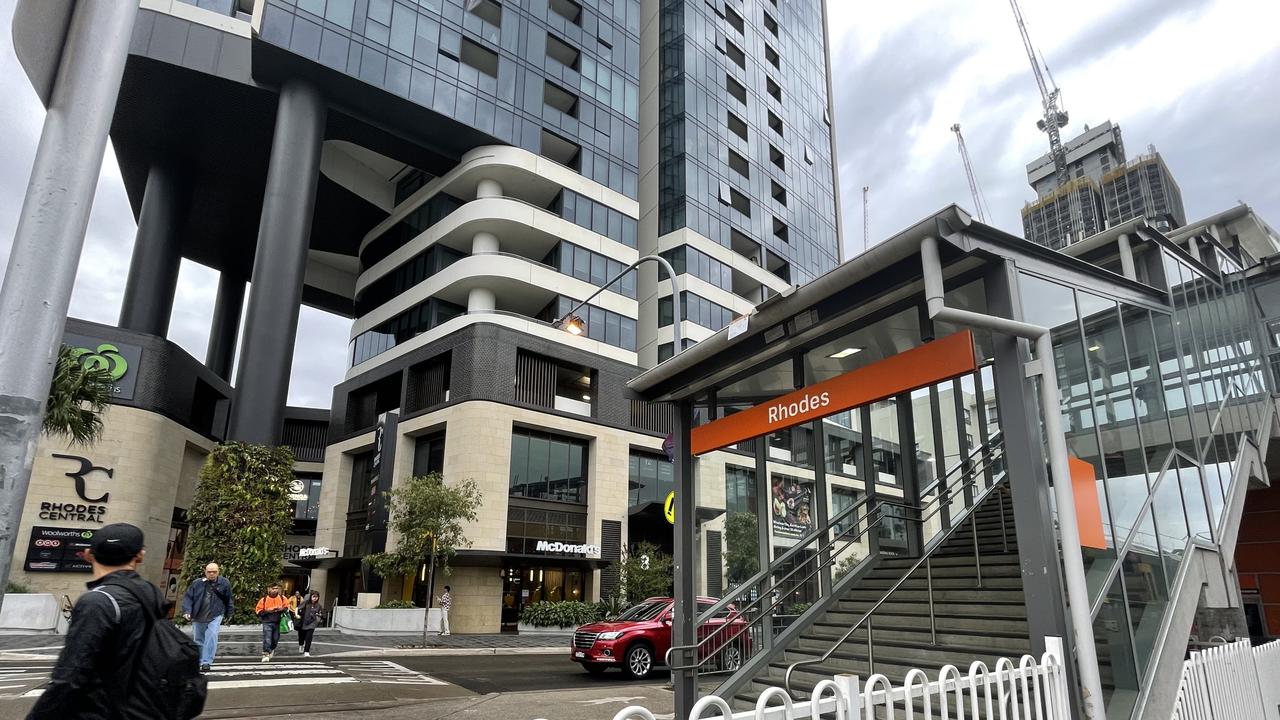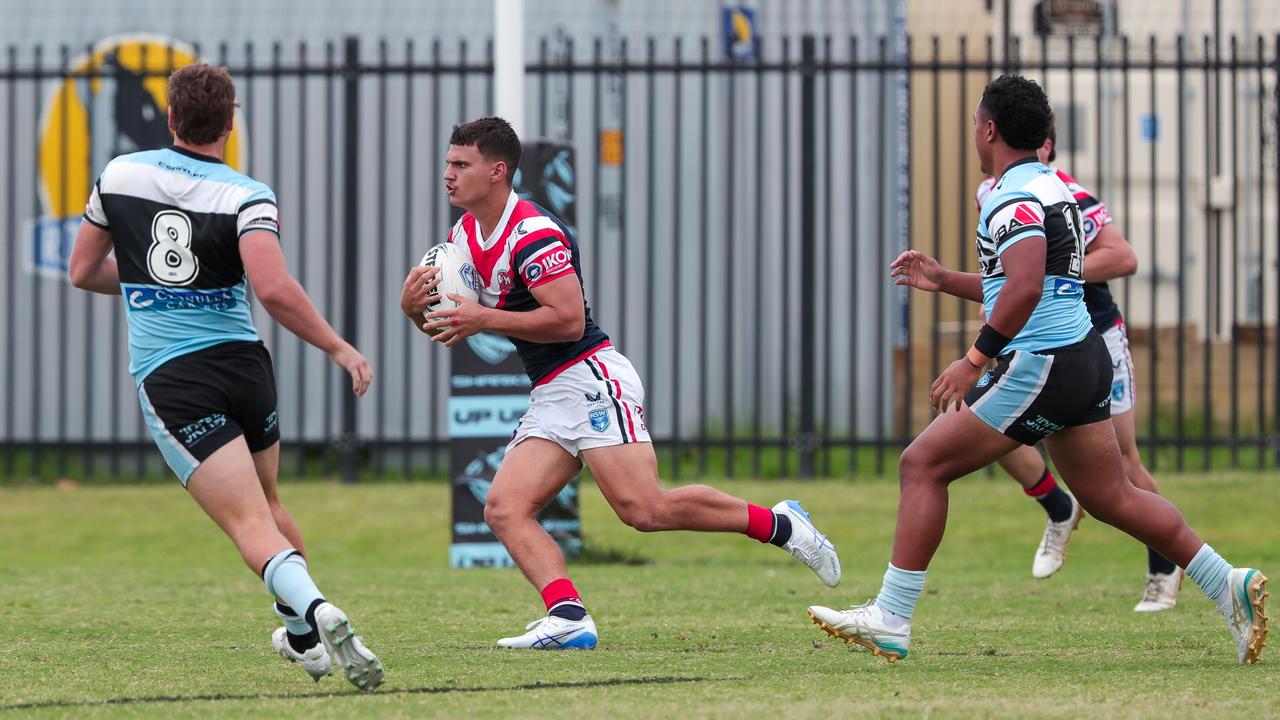NSW Government reveals big increase in unpaid public transport fines
Freeloading passengers caught not tapping on to the state’s public transport system have raked up a massive debt in unpaid fines – soaring by almost 25 per cent in the space of just one year.
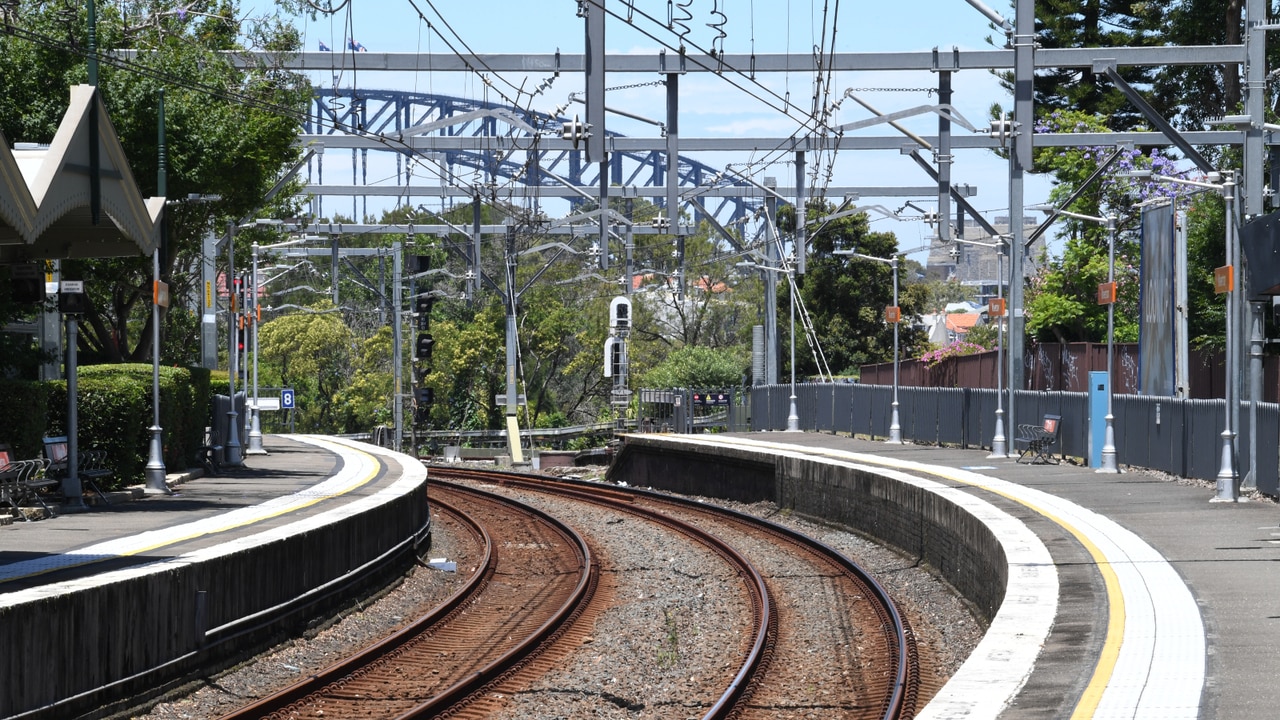
Local
Don't miss out on the headlines from Local. Followed categories will be added to My News.
Freeloading public transport passengers have raked up a massive debt in unpaid fare evasion fines with the number of outstanding infringements reaching a record high of almost $10m.
The NSW Government is trying to claw back thousands of dollars from passengers caught not tapping on to public transport including trains, buses, ferries and light rail services.
State government data has revealed $9.6m is owed in unpaid fare evasion fines – up 23 per cent just one year.
In all, there were 50,669 unpaid fines as of June 30 this year across NSW – an increase from 41,241 at the same time in the previous financial year.
The penalty for fare evasion is $200 – but the figure rises to $550 if a person elects to challenge the fine in court and is unsuccessful.
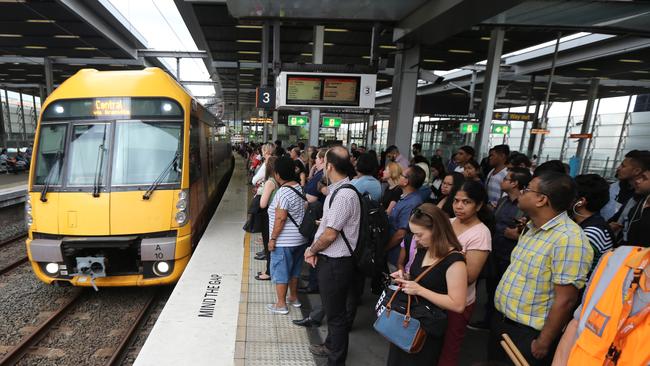
Figures show some of the unpaid fare evasion fines date back as far as 2018.
A government spokesman said Revenue NSW had a range of powers to recoup unpaid fines including enforcement and had measures to “support vulnerable individuals through support programs”.
“If fines remain unpaid despite multiple attempts to contact an individual and payment support options are not available or applicable, Revenue NSW may use its enforcement powers,” a government spokesman said.
“This may include suspending an individual’s driver's licence, taking an individual to court and garnishee orders.”
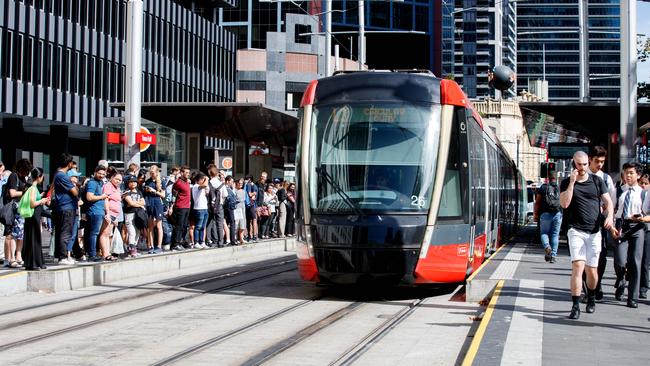
The NSW Government estimates fair evasion was estimated to cost $133m in lost revenue from January to June this year including $69.9m from Sydney light rail services and $33.3m from the state’s train network.
A Transport for NSW survey shows passengers on the T5 Cumberland train line had the overall worst rate of train fare evasion at 89.6 per cent during the six month period.
The T1 North Shore and Western line accounted for the biggest overall loss in revenue with freeloading passengers costing the network $9m in lost revenue over the same period.
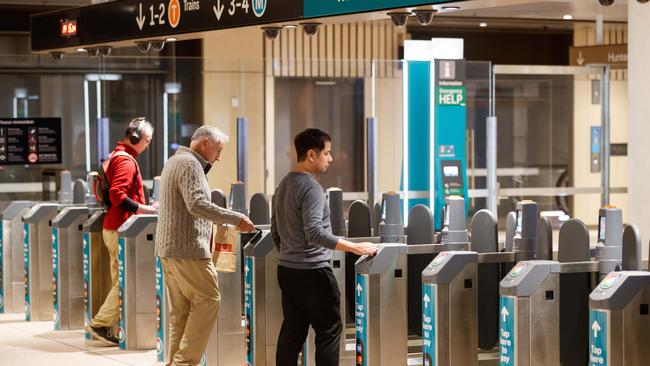
NSW Opposition MP Jordan Lane, who obtained the fine revenue figures through NSW parliament, said the increase in fare evasion was concerning.
He said the more money recouped from lost fares, the more services could be provided including in his own electorate of Ryde where he has been campaigning for improved bus services.
“It’s not a good thing if people are committing fare evasion because that’s money that could be in the kitty to make improvements to the network and employ bus drivers the system needs,” he said.
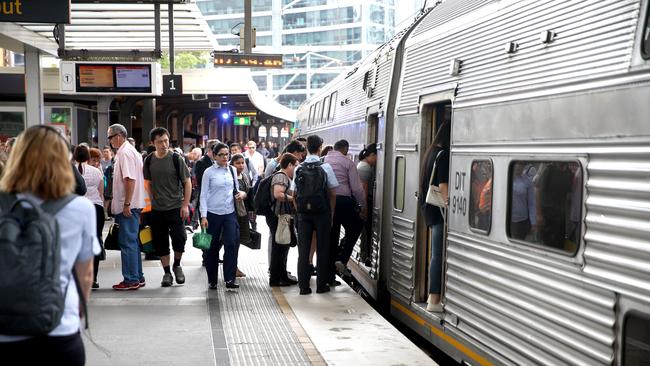
“It could be a sign that the cost of living is biting and also the cost of public transport which can be expensive.”
Transport for NSW in a statement said it took fare compliance “very seriously”.
“Fares paid contribute to about 25 per cent of the total cost of operating public transport in NSW,” a department spokesman said.
“We ask that people pay their fair share so that we can continue to deliver a frequent and efficient public transport service.
“Across all modes of public transport we have authorised officers whose focus is driving down fare evasion and who work closely with Police Transport Command.”
The statement said Transport had also invested in education and marketing campaigns to ensure passengers understand how the ticketing system worked.
In NSW, unpaid public transport fines do not accrue interest.




